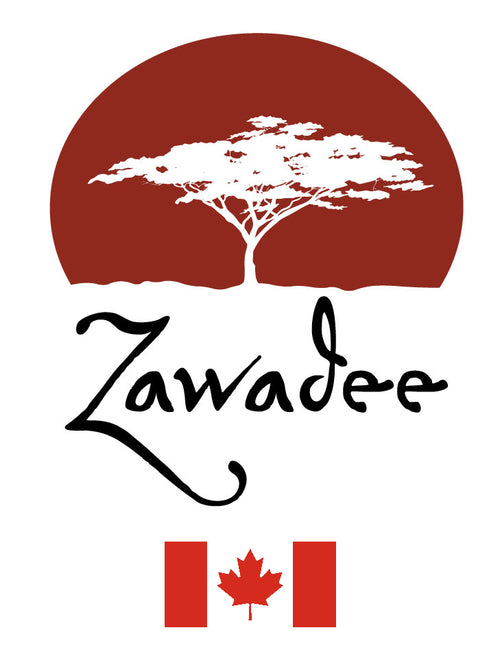Black History Month: Josiah Henson - Author, Abolitionist, Minister
Josiah Henson was born into slavery in Maryland. He escaped to what was then known as Upper Canada (Ontario) in 1830 and founded the Dawn Settlement (near Dresden, Ontario).
While he did write his own autobiography, The Life of Josiah Henson, Formerly a Slave, Now an Inhabitant of Canada, Josiah was also the inspiration for the character of Uncle Tom, in Harriet Beecher Stowe's novel Uncle Tom's Cabin (published in 1852).
Image Source: Wikipedia, Creative Commons, Labeled for Reuse
Uncle Tom's Cabin depicted the inhumanity and depravity of slavery and is regarded to be one of the major causes of the U.S. Civil War. Harriet Beecher Stowe was an abolitionist, dedicated to ending slavery. Interestingly, Abraham Lincoln once referred to Harriet as "the little lady who started a war"!
For those of you not familiar with Harriet Beecher Stowe's novel, click here for a plot summary.
Born on a farm near Port Tobacco, Josiah experienced many horrific examples of slavery. While a young boy, his father received one hundred lashes (and had his right ear cut off) for simply standing up to a slave owner. Subsequently, his father was separated from the family when sold to a slave owner in Alabama.
Josiah Henson

Image Source: Wikipedia, Creative Commons, Labeled for Reuse
Josiah made many unsuccessful attempts to secure his freedom and eventually escaped, making his way to Dresden, Ontario, along with his wife - Nancy - and their four children. This risk-fraught escape to Ontario is often referred to as "Following the North Star to Freedom). We are very proud that Ontario became a refuge for those enslaved freedom seekers! Kudos to those who operated the "Underground Railroad" and to those people who helped those who'd reached freedom to establish themselves.
The Underground Railroad, by Charles T. Webber

Image Source: Wikipedia, Creative Commons, Labeled for Reuse
Upper Canada (Ontario) had become a refuge for slaves from the United States by virtue of John Graves Simcoe, then Lieutenant-Governor of Upper Canada. Simcoe had passed "an Act to prevent further introduction of Slaves, and to limit the Terms of Contracts for Servitude within this Province". This legislation didn't end slavery. What the act accomplished was to make owning slaves illegal in Upper Canada. This meant that any enslaved people who made their way north to freedom in Canada were free.
Henson established the Dawn Settlement - which was his attempt to realize a vision he'd long held - a self-sufficient community. The Dawn Settlement was successful, exporting black walnut lumber to both the U.S. and Great Britain.
Josiah Henson's Cabin, Dawn Settlement
Image Source: Wikipedia, Creative Commons, Labeled for Reuse
Henson became a Methodist preacher and an outspoken abolitionist. He served as a military officer in the Canadian army.
Josiah Henson passed away at the Dawn Settlement until he died at the age of 93 on May 5, 1883.
Honoured as the first black man to be featured on a Canadian stamp, Henson has also been recognized by the Historic Sites & Monuments Board of Canada (1999) as a National Historic Person.





